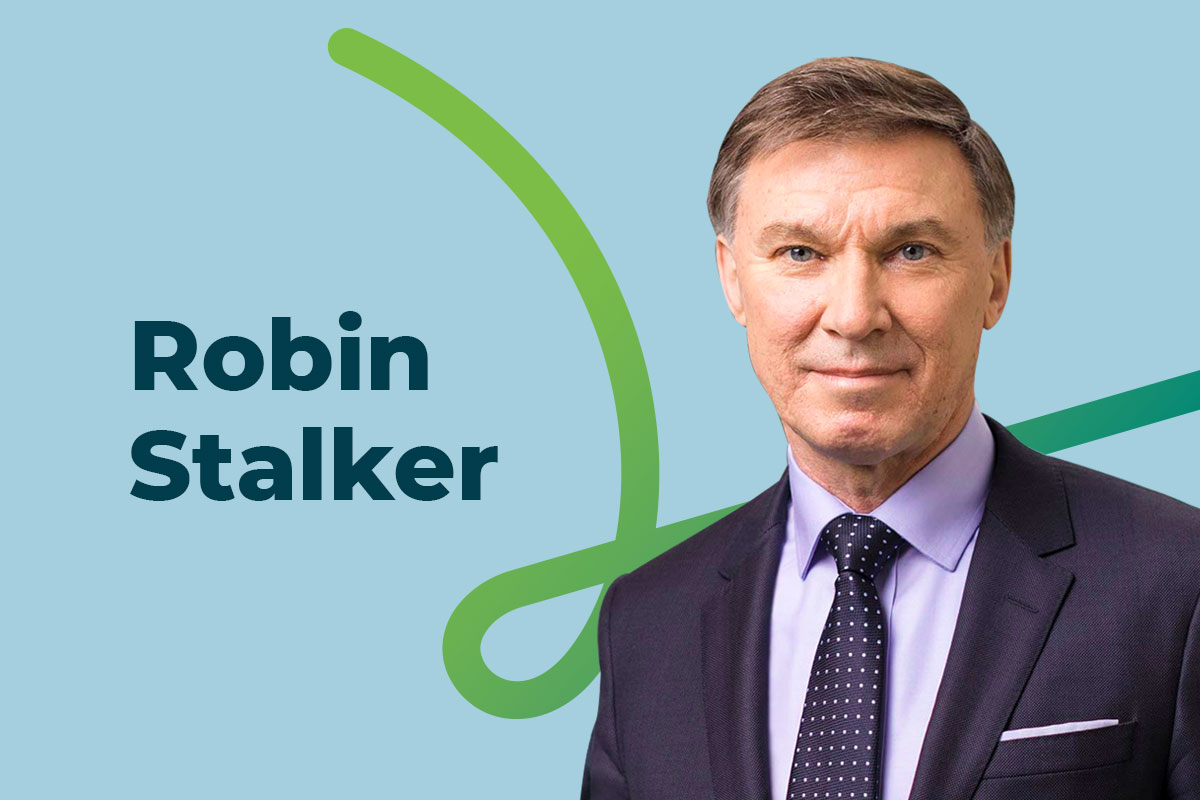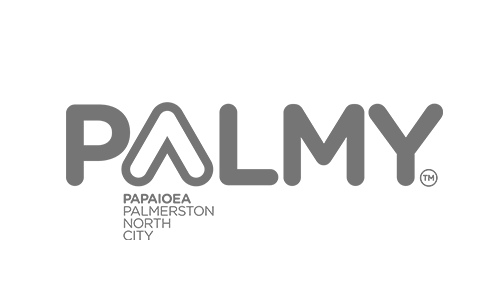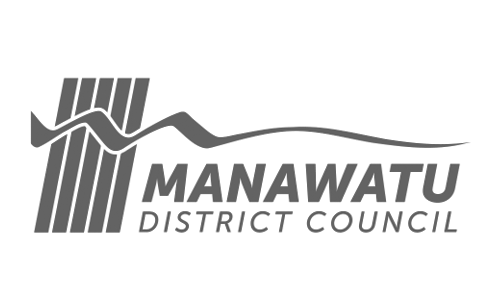Former Adidas Chief Finance Officer and Te Aho Tāmaka leader Robin Stalker knows first-hand the career advantages of starting out in a provincial town. Robin grew up in Palmerston North, attending Palmerston North Boys High School before studying at Massey University.
After two years working in Wellington Robin was transferred to London and his path to success was further cemented. We recently crossed the oceans (virtually) to chat with Robin.
Robin, you grew up in Palmerston North and started your accounting career here while studying – how has this influenced your career journey?
It was influential in many ways but in particular I believe it gave me a very good basis upon which to build. Graduating from Massey with a Bachelor of Business Studies I felt adequately equipped, and working for a local firm of Chartered Accountants I got early exposure to many different businesses and different business models. Before my OE I didn’t value this as much as I do now, I suspected that everything “overseas” would be more sophisticated, including the skill sets and learning experiences. This was not the case, in fact, the advantage of working in the typically smaller sized businesses in New Zealand is that one gets broad experience quickly and more responsibility earlier.
But perhaps most importantly, I learnt in the good-old Kiwi way that hierarchy is no substitute for decent, polite, collegial communication. Learning to treat all people the same, regardless of their position has, I believe, been fundamental to my success in management positions.
Your career has taken you from London to the US, the Far East and then on to Europe, what attributes, do you feel, made you achieve so highly?
I had a broad long term personal plan and in the first few years I followed it closely. This saw me deliberately pursuing new international experiences and acquiring new skill sets. But success also depends on opportunity and timing – mostly outside of our control. In many ways I was lucky with the opportunities I was given but I also made the most out of them.
I believe that being a Kiwi helped. Internationally we are not known to have pushy, arrogant personalities and in my experience we are treated very positively. And after you get past the invariable questions about how many sheep we have and whether the Lord of The Rings films are representative, we are taken at face value and accepted.
This has meant for example that in the traditionally formal German business context it is perfectly acceptable for me to act in a more informal way, because I am a Kiwi. This helps amplify the impact of the fundamental attributes that I believe are important for success: credibility, integrity and communication. To be credible one obviously needs to have a competency in the area of ones’ responsibility but the biggest differentiator, I believe, is communication. I don’t just mean formal communication. I mean the ability to listen and to communicate openly, honestly and transparently. Our success is always dependent on how we can work with others and key to this is how we communicate.
Can you tell us about a key highlight of your career.
I think that is really a question of what stage in a career one is reviewing. Each step had its own highlights including setting up one of the first foreign-owned companies in South Korea in the 80s and working in a reunifying Germany in the 90s. But I guess if I have to pick one it must be my time as CFO of adidas. Over the 17 years in this role I take pride in not only contributing to the growth and success of the company but in particular to the opportunity I had to develop young talent. It is very pleasing for me to see many continue to develop their careers upon the principles of diversity, fairness and open and honest communication.
You have a strong interest in the environment and are an Ambassador for Accounting for Sustainability, tell us more about how finance divisions can influence a business in terms of sustainable practice.
Our world faces an existential threat from climate change and we only have this decade to take action if we are to have any real chance of influencing the outcome positively. Fundamentally my generation has so far mismanaged the situation. The key failing, in my opinion, has been that decision making (in business and politics) has been focused on the short term and has not correctly reflected the price of such decisions. For instance without a price put on the cost of polluting the air and the rivers and no price on CO2 emissions, environmental factors have normally not been considered in decisions.
Finance has the responsibility to support and ensure good decision making in businesses. Finance needs to present decision scenarios not just in terms of financial outcomes but also in terms of environmental, social and governance impacts. Finance needs to provide transparency, both internally and externally. Finance leads the communication with investors and other stakeholders. Finance can, therefore, have a significant impact not only on how a business makes decisions in terms of sustainability but also how this performance is viewed by stakeholders.
Accounting for Sustainability aims to make sustainable business, business as usual.
We are thrilled that you are a Te Aho Tāmaka Leader, what drives you to want to ‘give back’ to Manawatū through Te Aho Tāmaka?
As I mentioned, I truly believe that my educational, social and early work experiences in the Manawatū prepared me well for my international career. I remain very proud of New Zealand and Palmerston North and am keen to keep informed and contribute wherever I can to the region’s continued growth and prosperity.
It is an honour for me to be recognised by Te Aho Tamaka but that also, I believe, brings with it a responsibility to be engaged. If I can motivate and encourage a few young people along the way through this forum then that, in my opinion makes it all worth it!







